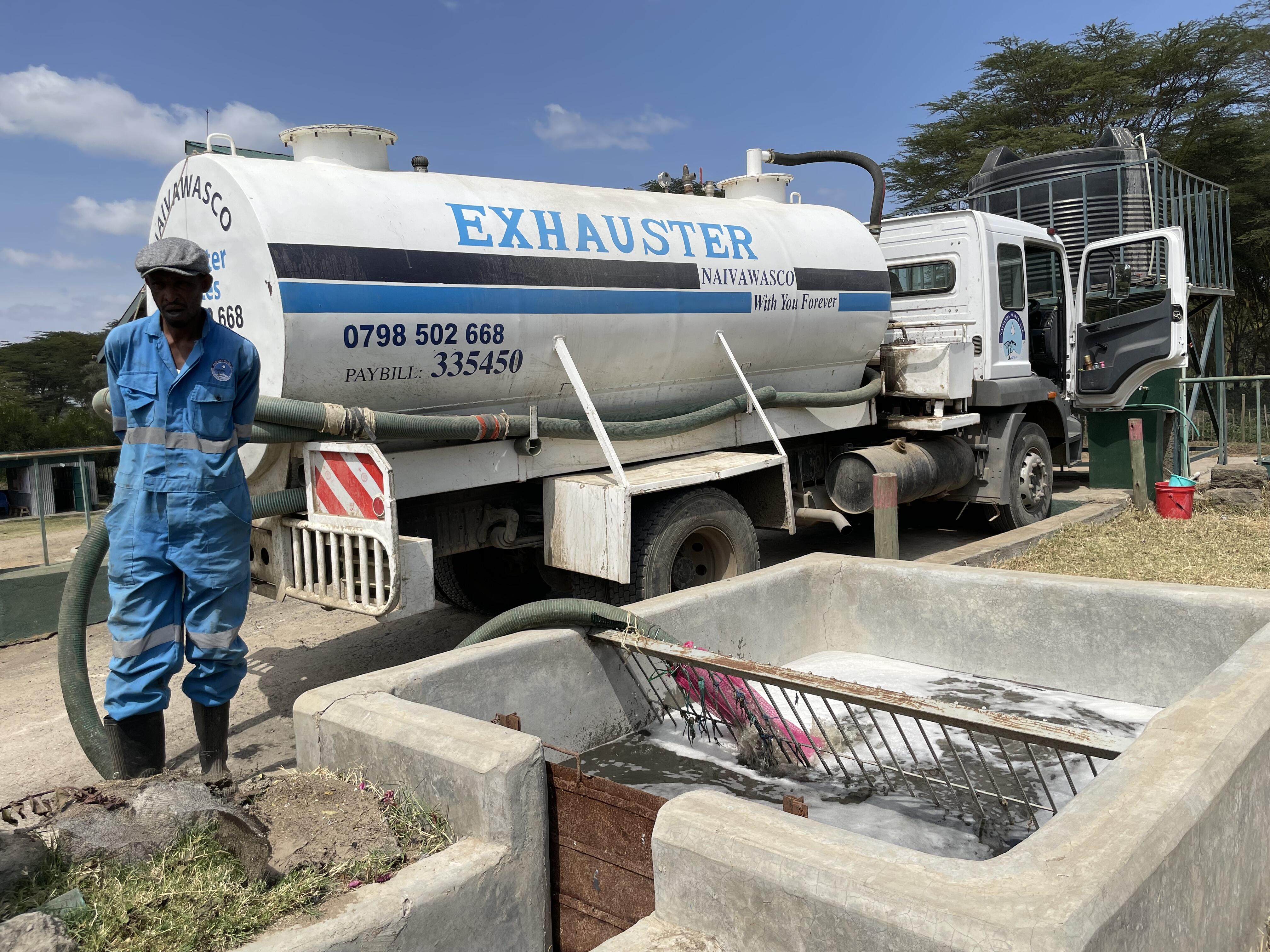SHF is currently working in partnership with the Governments of Kenya and Uganda to create the foundations for the sanitation economy and menstrual health market. In addition, SHF has collaborated with WHO to develop WASH accounts in these two countries.
Country engagement: Kenya
In Kenya, an estimated USD 22 billion is needed to meet 2030 sanitation targets. Yet only USD 2.3 billion is available, leaving a funding gap of up to USD 19.7 billion. Meanwhile, the total value of the sanitation economy in 2022 stood at US$ 1.7 billion with the potential to reach US$ 2.8 billion, once universal access is achieved. The menstrual health market is also growing quickly, with the potential to reach USD 251 million by 2030, should current trajectories persist.
Building on this massive potential, SHF works closely with the Government and other partners to unlock financing and develop thriving sanitation and menstrual health markets in the country.
Learn more about our work in Kenya here.
Country engagement: Uganda
In 2022 the total value of the sanitation economy in Uganda stood at USD 1.7 billion, with the potential to reach USD 2.7 billion by 2030. The market size for menstrual health products stands at USD 130 million and has the potential to grow to USD 164 million by 2030.
SHF works with the Government and partners on targeted investments and reforms to unlock market growth rates and improve access to sanitation, hygiene and menstrual health in the community, schools and health centers.
Learn more about our work in Uganda here.
WASH accounts
WASH accounts hold the promise of significantly improving the performance of WASH systems while enhancing transparency and accountability. Throughout 2023, SHF collaborated with WHO to review and update WASH accounts using the WHO’s Tracking Financing to WASH (TrackFin) methodology. Having information about funding flows enables better benchmarking, planning and decision making, and can also be a tool to attract new investment. This work was carried out in Benin, Burkina Faso, Kenya, Nigeria, Sierra Leone and Uganda.
This led to two cohorts of African countries building WASH accounts, one francophone and one anglophone. In addition to country-specific technical assistance, WHO was able to pull in global and regional partners to raise the profile of the importance of WASH accounting to relevant technical experts and stakeholders.

